
Truth, Liberty, Freedom, Rights, Memes, Humor, Peace matters more than ever in the world now. CBDCs are evil. Bitcoin is money. Blockchain & Crypto enthusiast.
15 subscribers
How to get URL link on X (Twitter) App

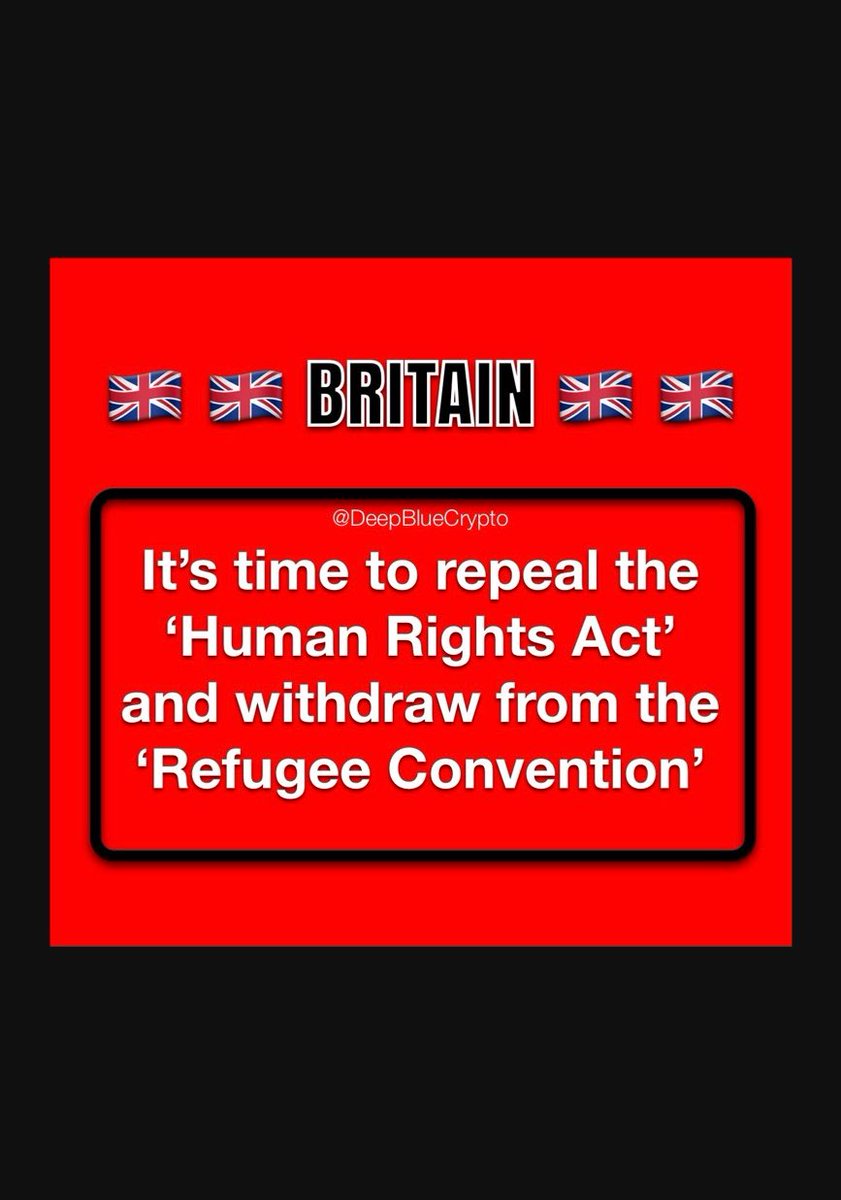
 Here’s a previous thread
Here’s a previous thread https://twitter.com/deepbluecrypto/status/2013780667612418498
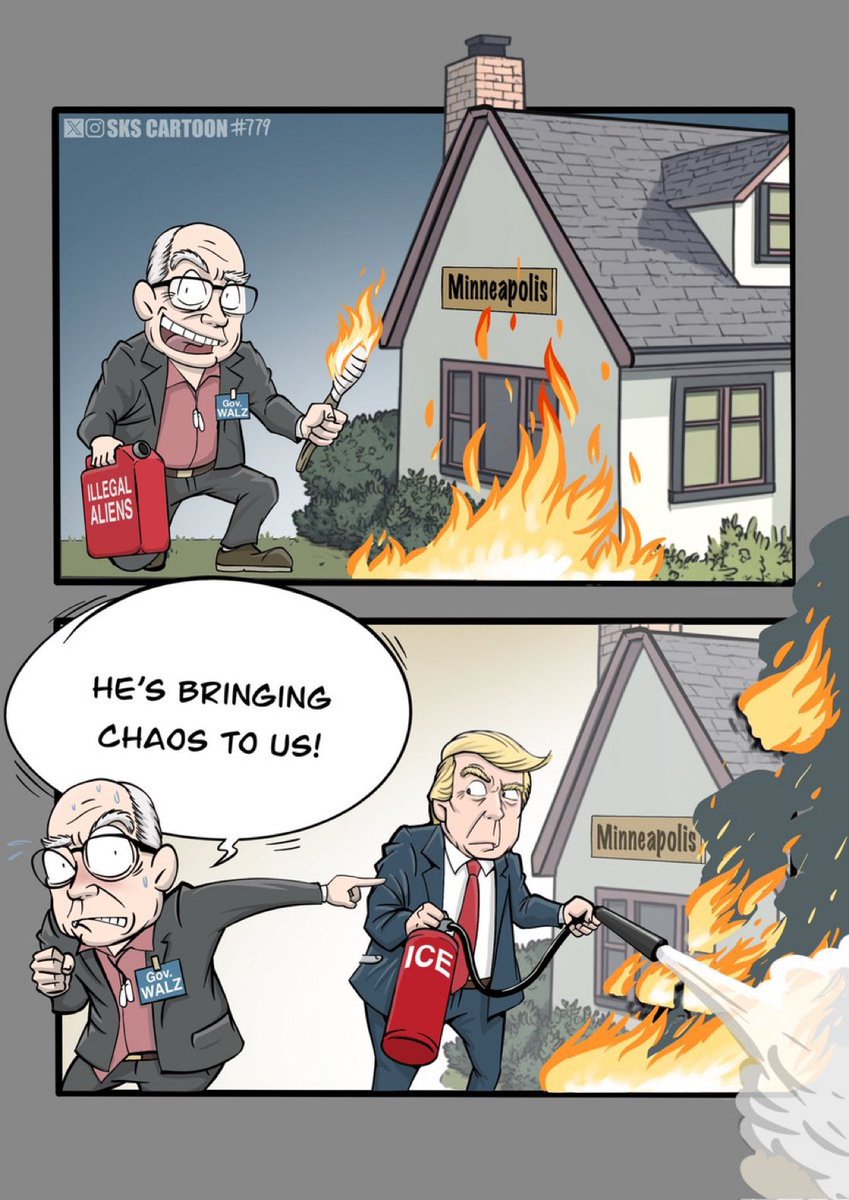
 Here’s a previous thread
Here’s a previous thread https://twitter.com/deepbluecrypto/status/2012301704381743455

https://twitter.com/deepbluecrypto/status/2005803561959985450
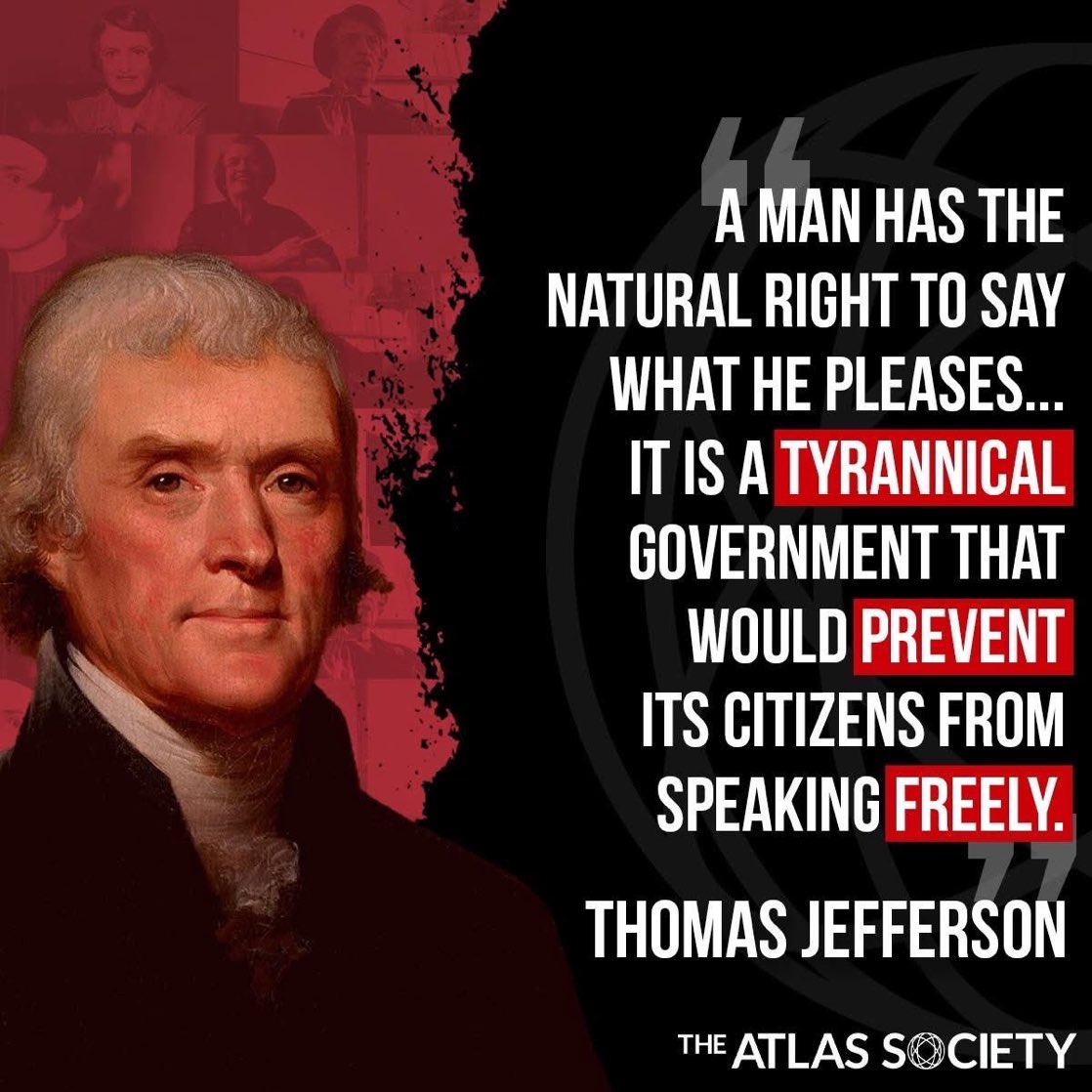
https://twitter.com/DeepBlueCrypto/status/2001667228014461403
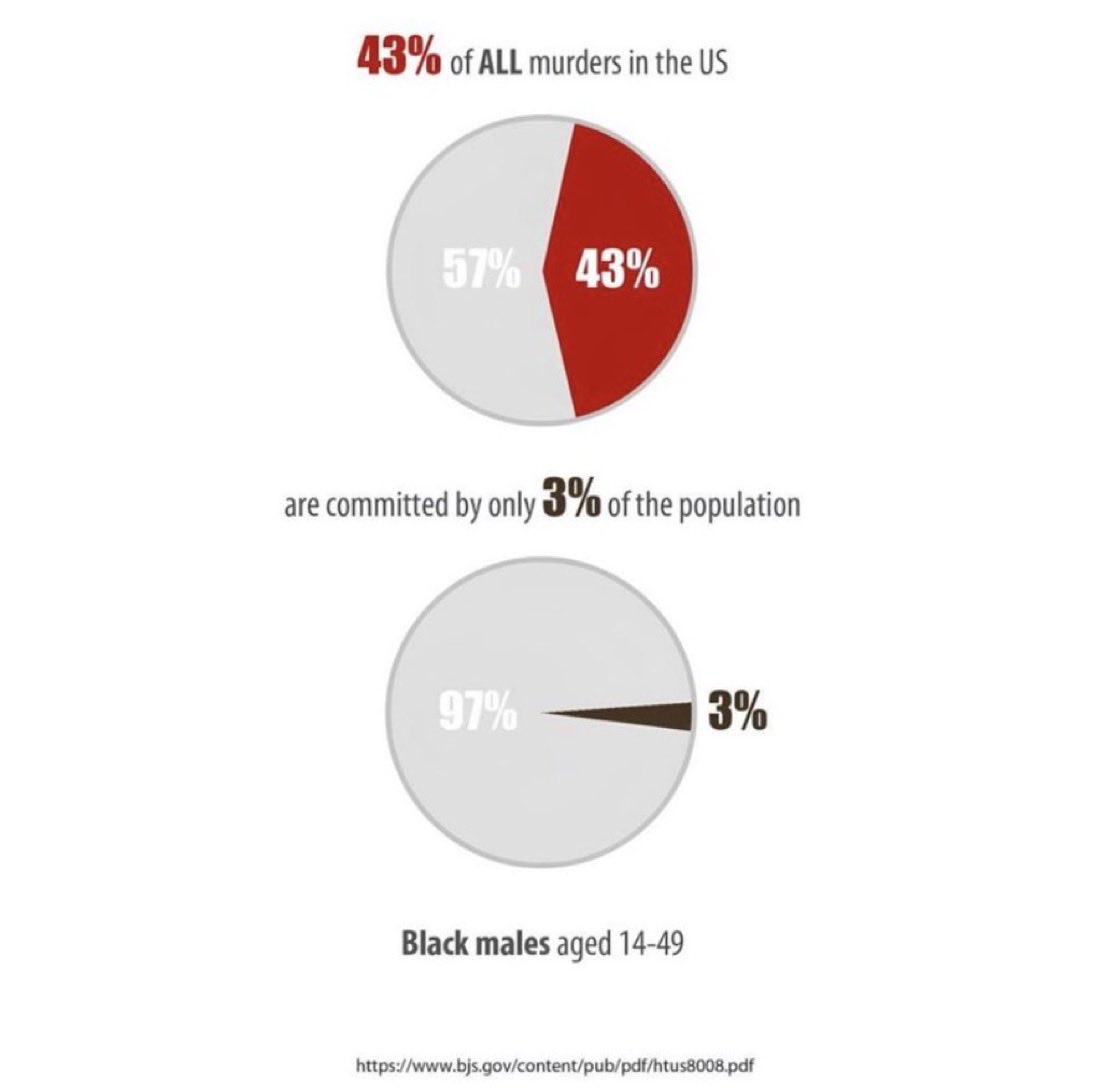
 Here’s a previous thread
Here’s a previous thread https://twitter.com/DeepBlueCrypto/status/1994500059514507358

https://twitter.com/DeepBlueCrypto/status/1997369937334096048
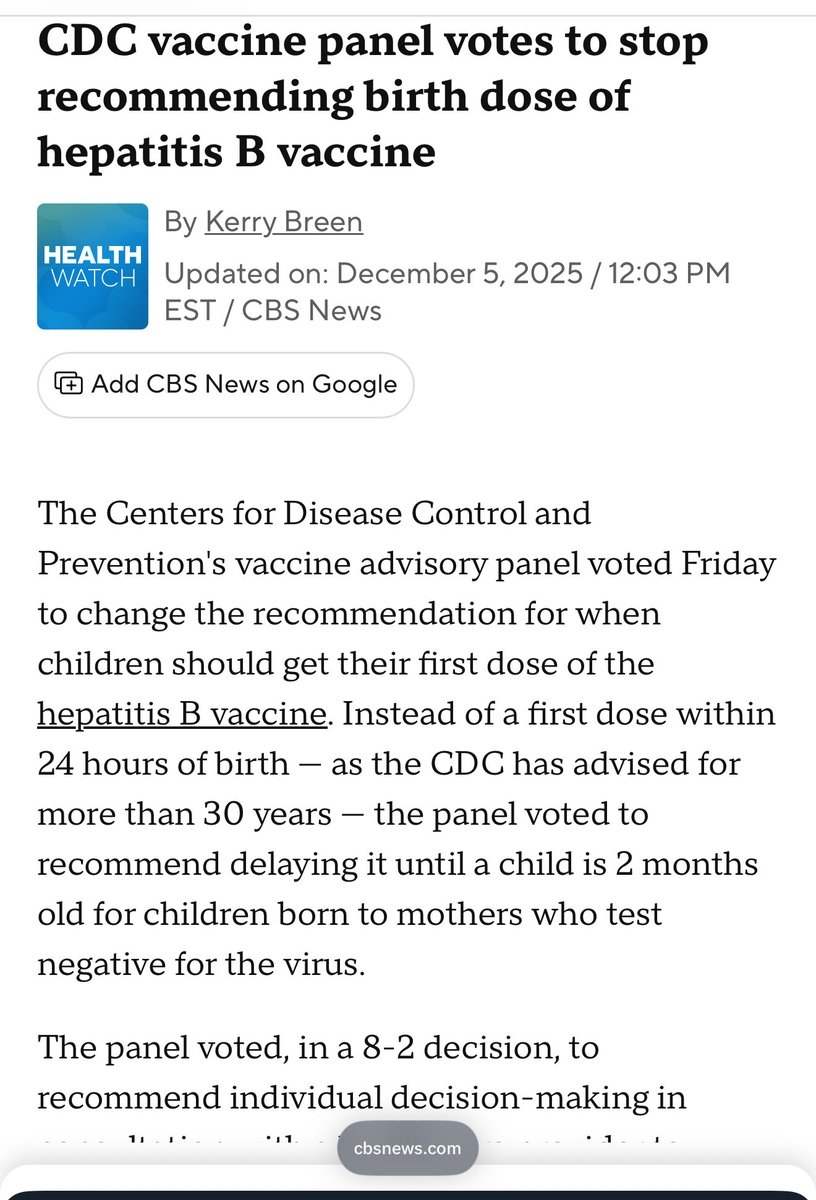
https://twitter.com/deepbluecrypto/status/1985719955695026552

 Here’s a previous thread
Here’s a previous thread https://twitter.com/DeepBlueCrypto/status/1984594255134781480
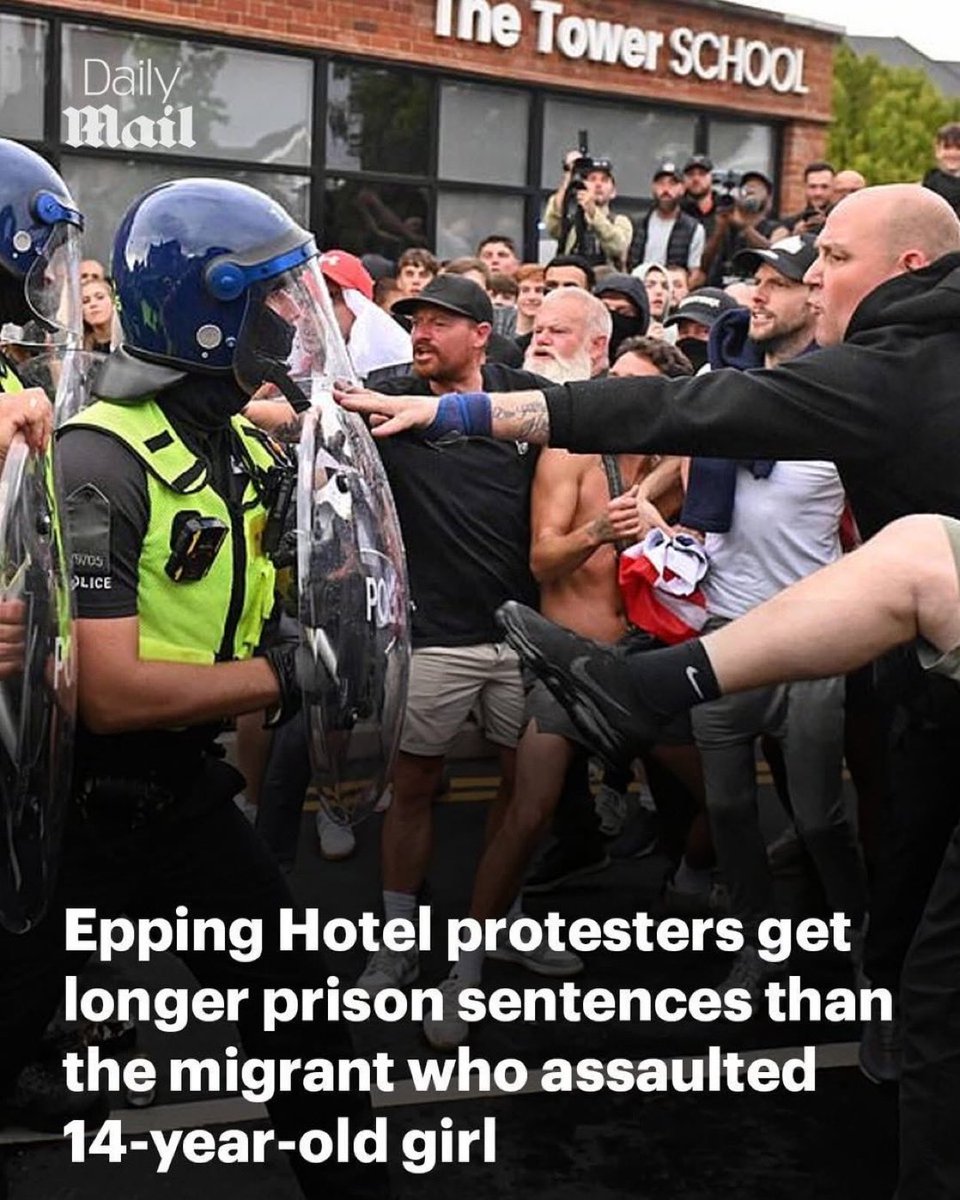
 Here’s a prev thread
Here’s a prev thread https://twitter.com/DeepBlueCrypto/status/1976275519864963265

 Here’s a previous thread
Here’s a previous thread https://twitter.com/DeepBlueCrypto/status/1970171890871509326

 Here’s a prev thread
Here’s a prev thread https://twitter.com/DeepBlueCrypto/status/1965157912118263999
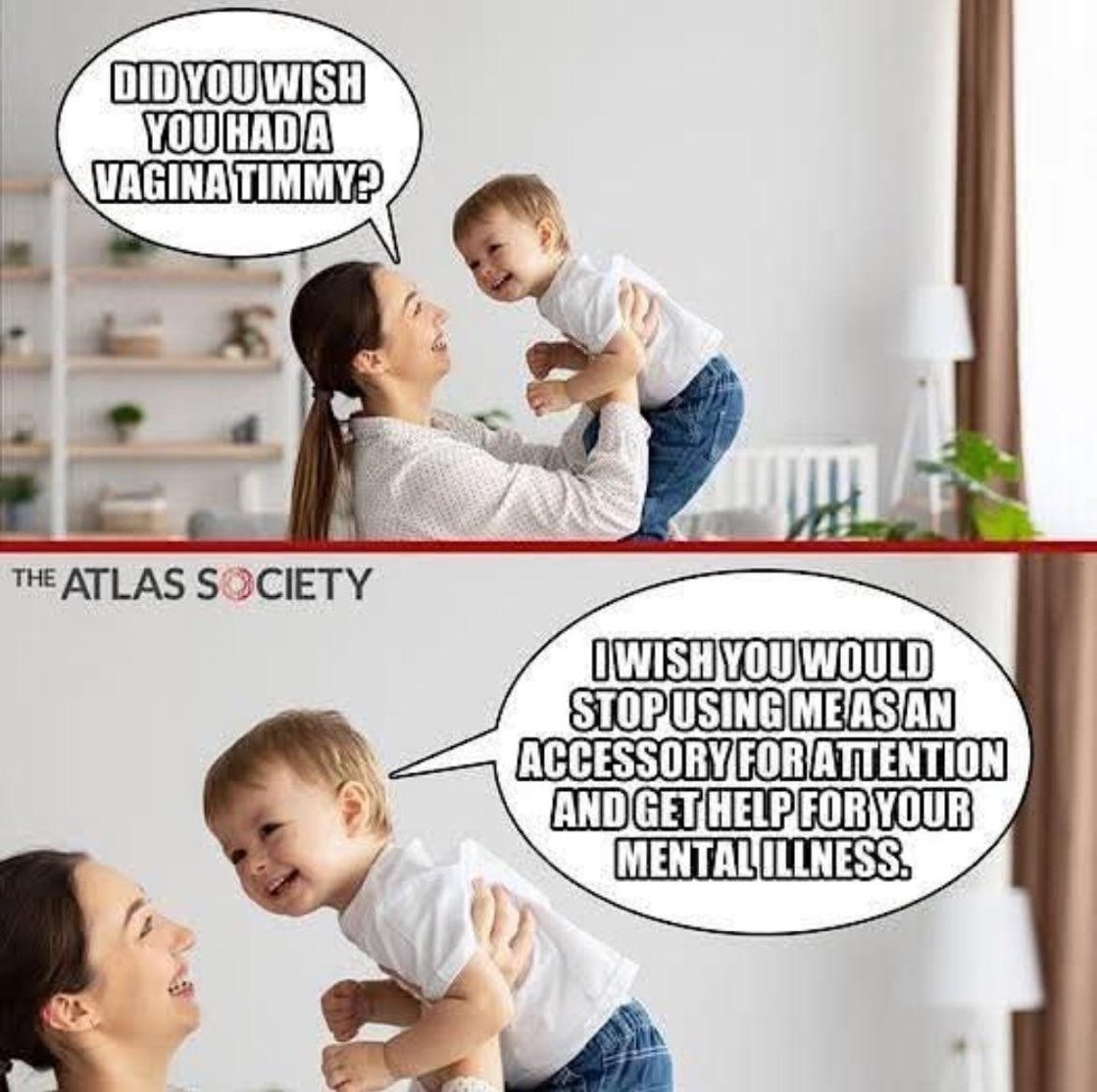
 Here’s a prev thread on #WokeMindVirus
Here’s a prev thread on #WokeMindVirus https://twitter.com/deepbluecrypto/status/1963026890202988729
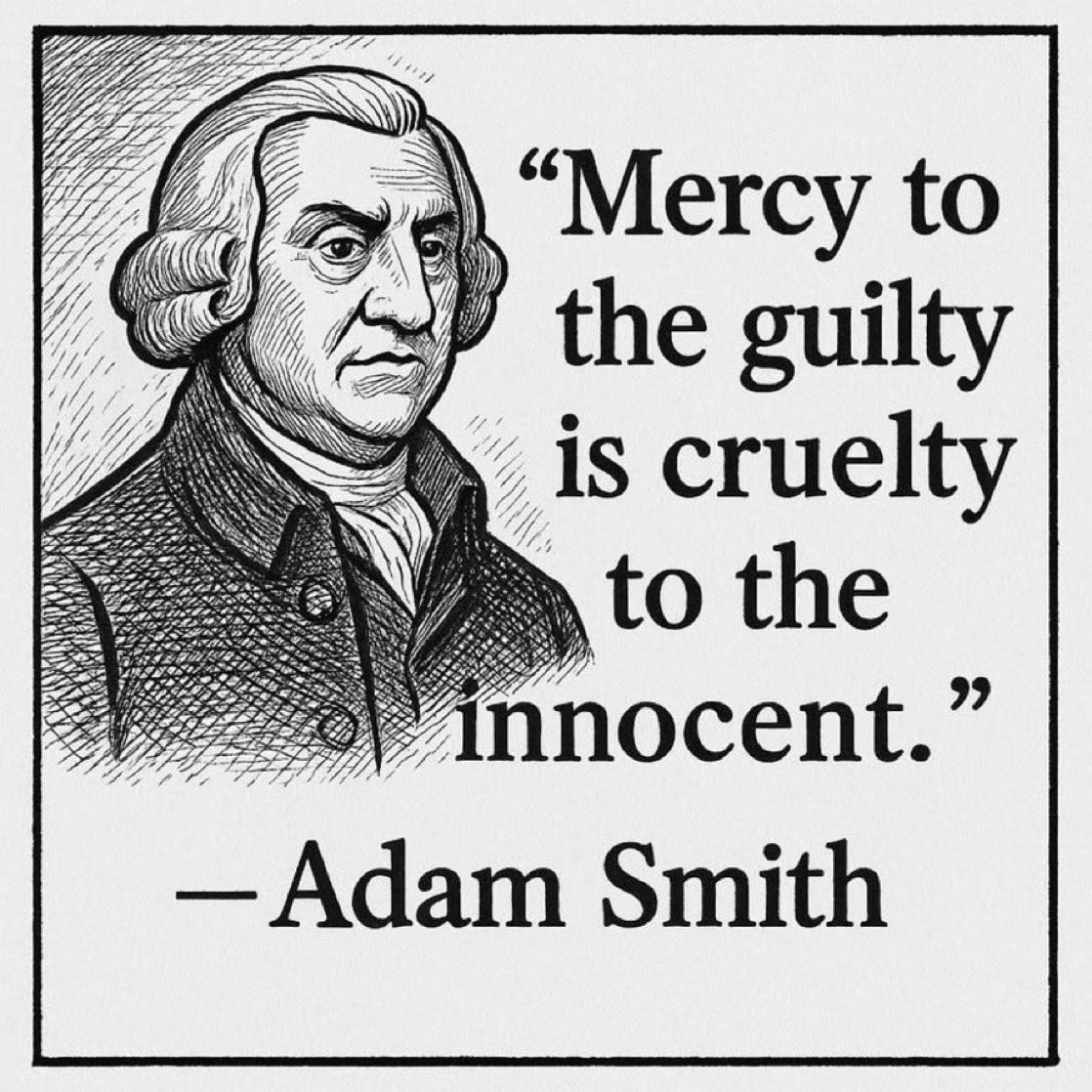
https://twitter.com/DeepBlueCrypto/status/1965016847473930573
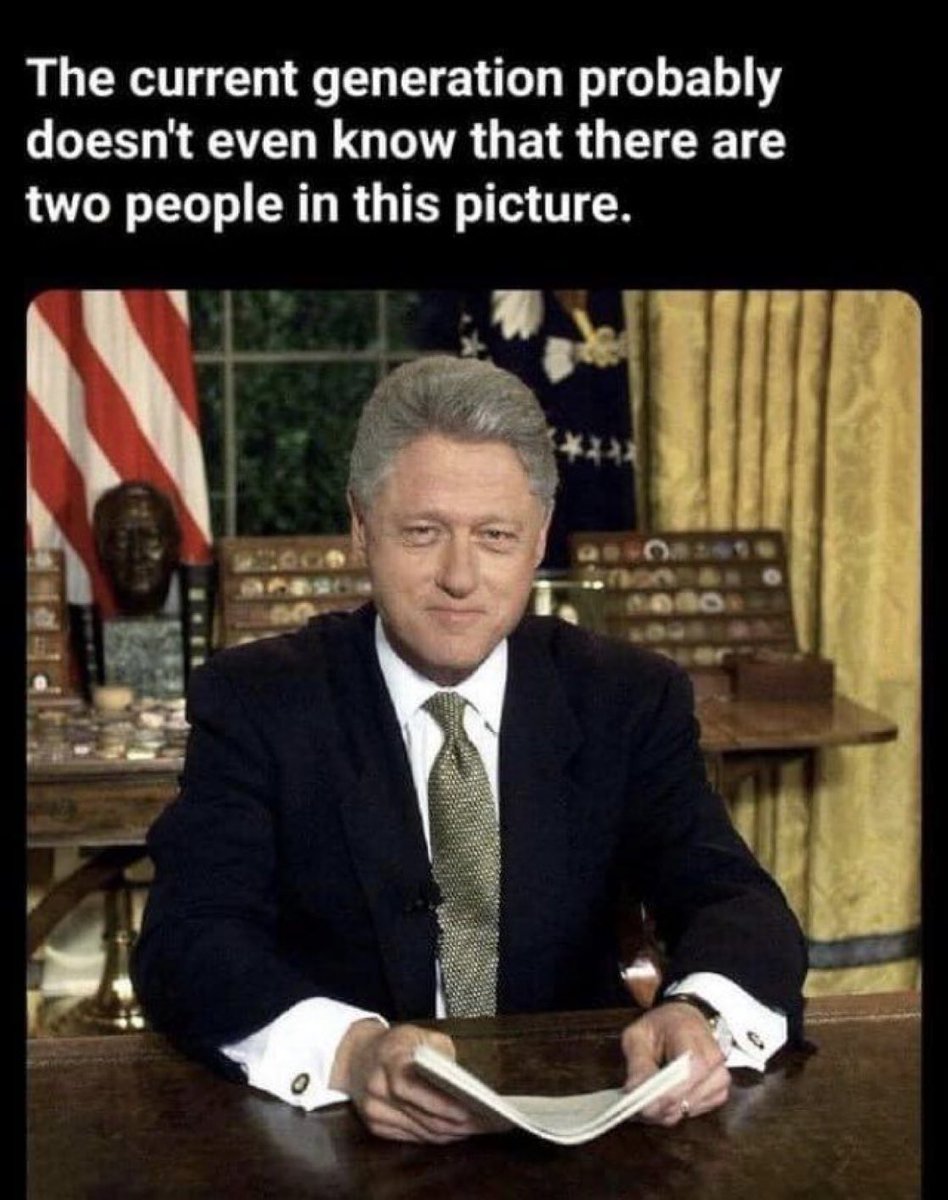
https://twitter.com/DeepBlueCrypto/status/1950937261387764208

https://twitter.com/deepbluecrypto/status/1918489753701290408

 Here’s a prev thread
Here’s a prev thread https://twitter.com/deepbluecrypto/status/1950926305601470546
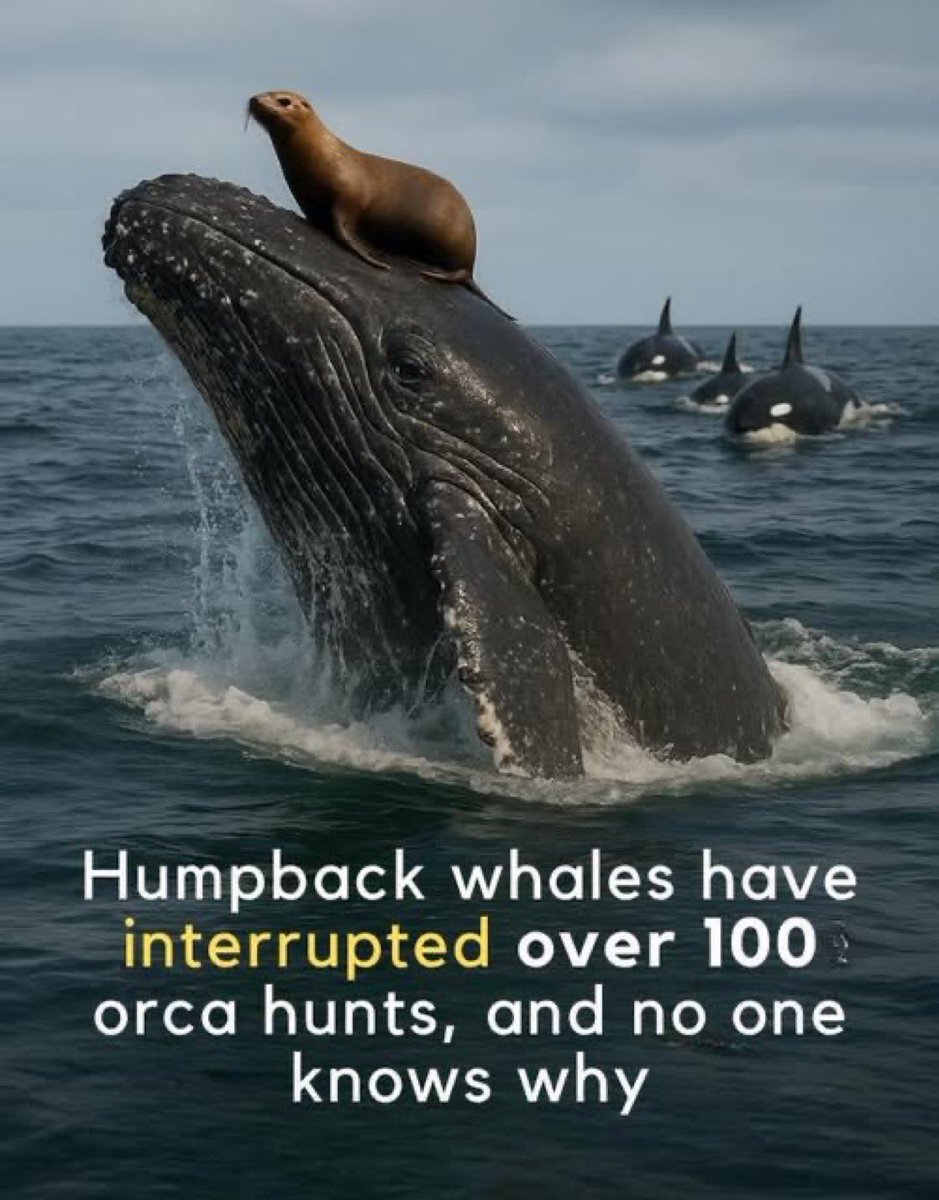
 Here’s a previous thread
Here’s a previous thread https://twitter.com/deepbluecrypto/status/1948917632750530937

 Here’s a prev thread
Here’s a prev thread https://twitter.com/deepbluecrypto/status/1936411700904779785

 Here’s a prev thread
Here’s a prev thread https://twitter.com/deepbluecrypto/status/1945125799004156298

https://twitter.com/DeepBlueCrypto/status/1933618965873406072
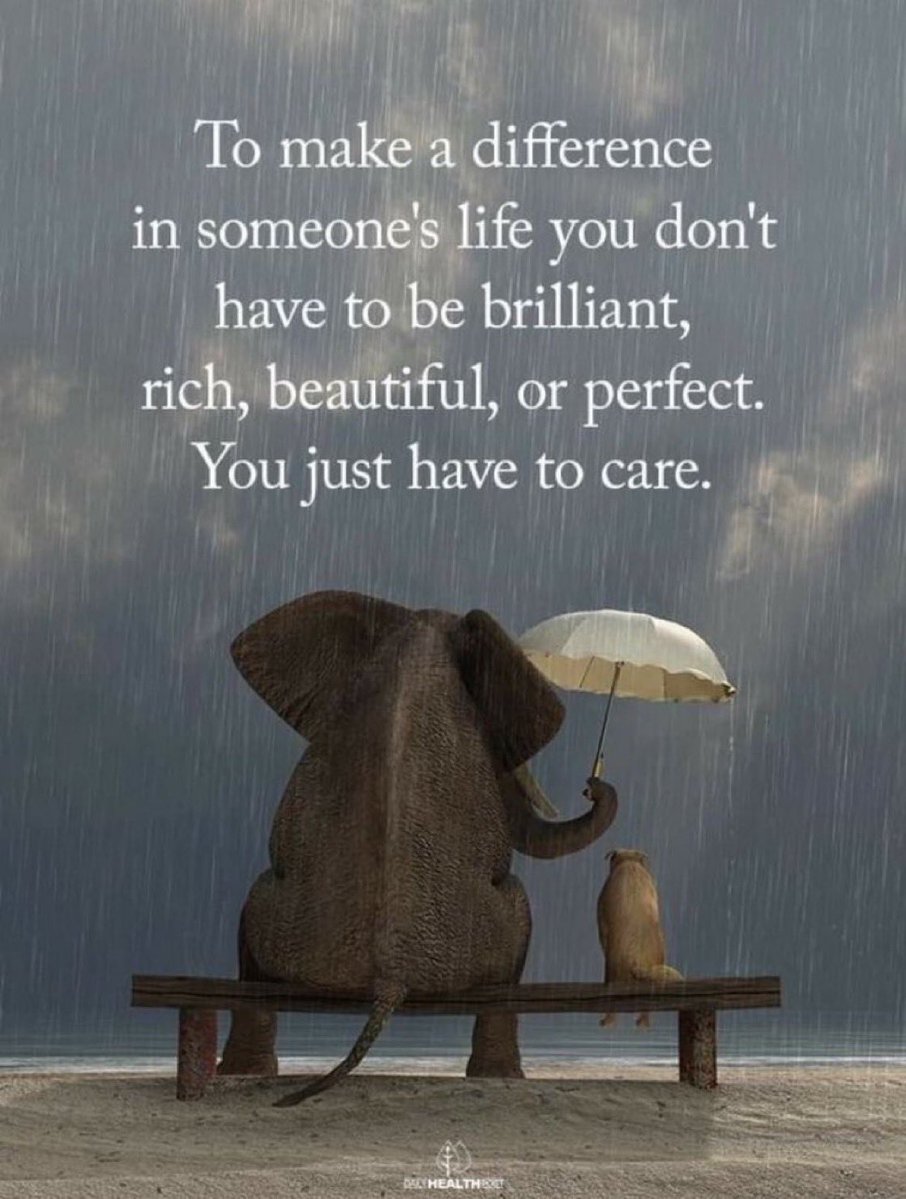
 Here’s a prev thread
Here’s a prev thread https://twitter.com/deepbluecrypto/status/1940192597882151028